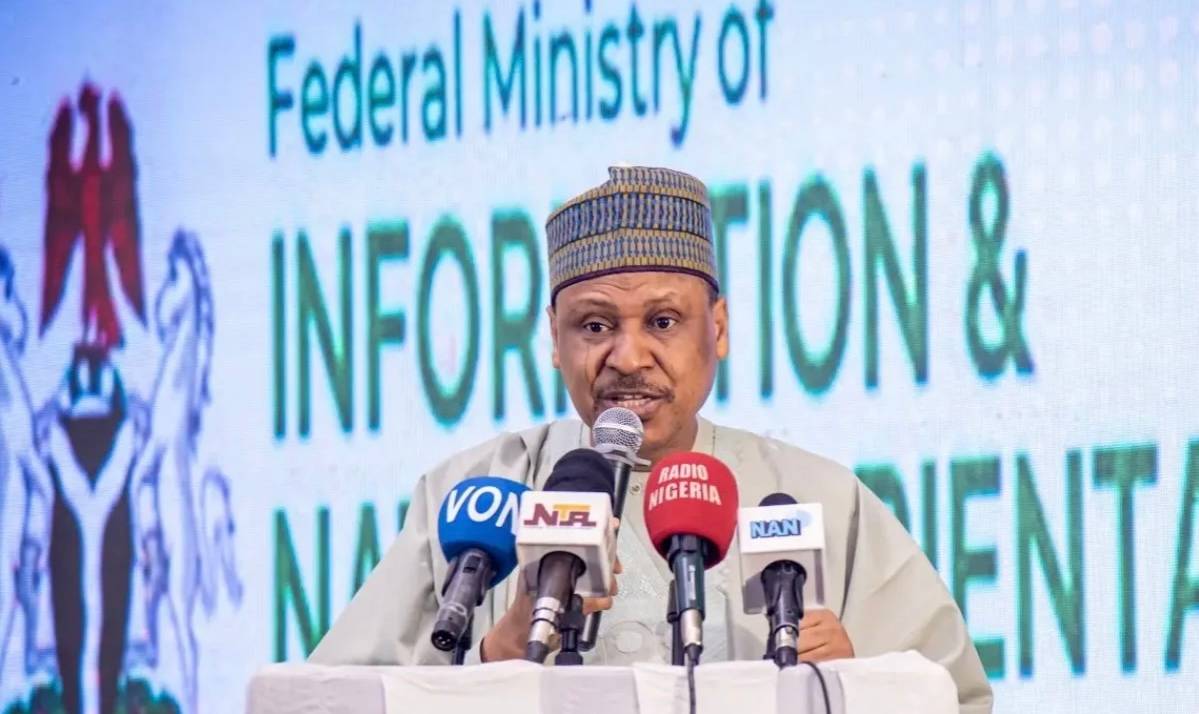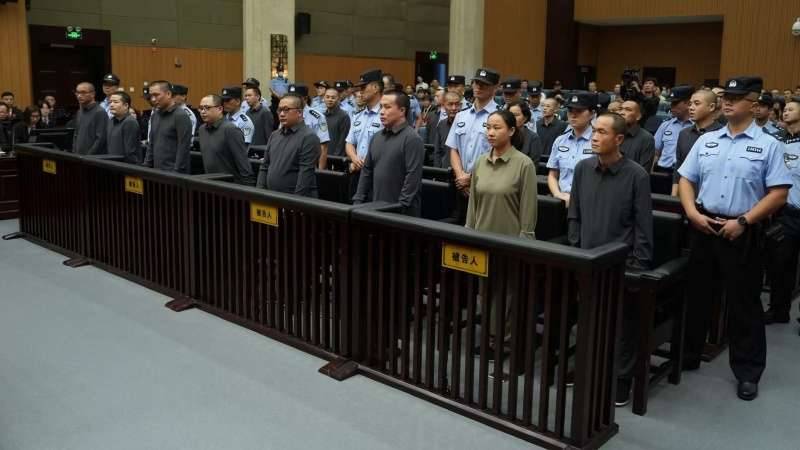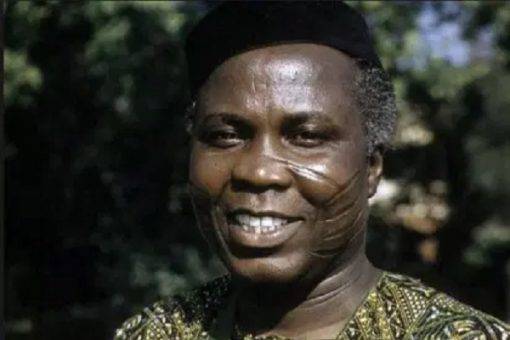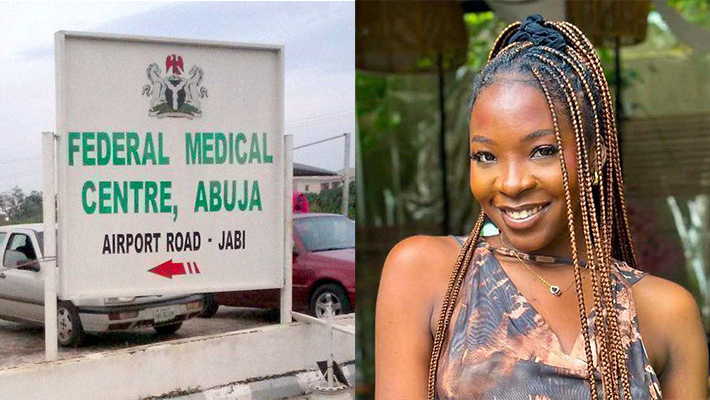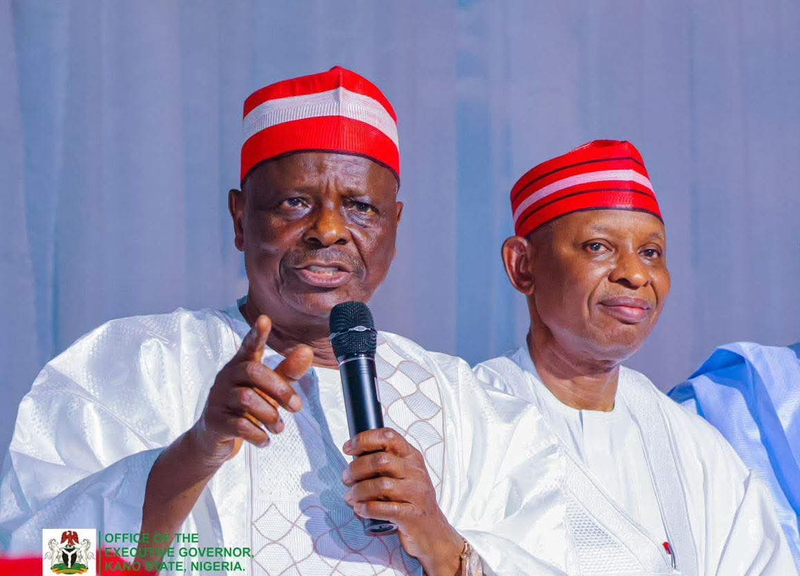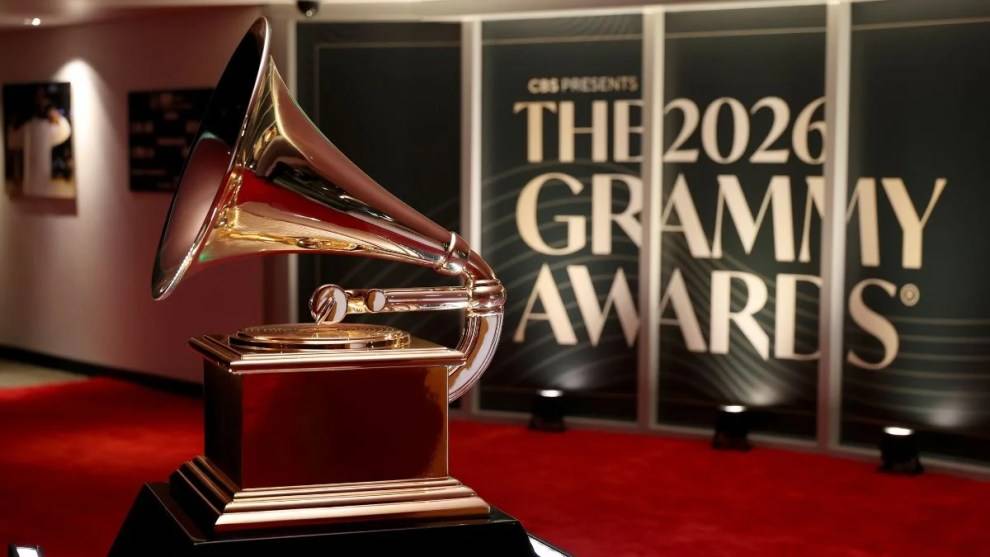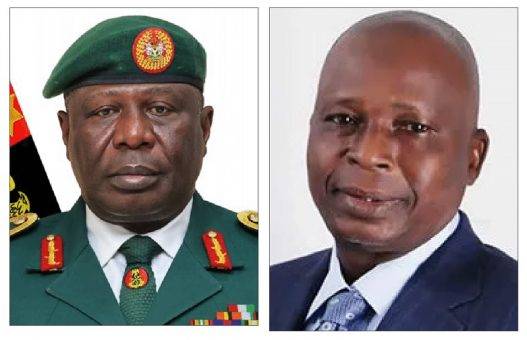By Halimah Nuhu Sanda
In this age of hyper-connectivity, information floods our screens like an endless torrent. But within this torrent lurks a sinister shadow: misinformation, disinformation and outright falsehoods masquerading as truth.
This digital pollution has the potential to corrode trust, incite unrest and sow discord within societies. To combat this, we must advocate for a fundamental shift in our approach to information sharing – a shift towards sanitising the flow, where both journalists and individuals are held accountable for the stories they disseminate.
This “sanitisation” doesn’t equate to censorship or the stifling of free speech, but rather a call for responsible journalism. It champions the pursuit of truth as the ultimate currency of communication, holding accountable those who peddle falsehoods and misinformation. It advocates for responsibility, both from journalists who craft narratives and individuals who consume and propagate.
True freedom thrives on a foundation of truth and accuracy. When media houses and social media influencers, in pursuit of sensationalism or political agendas, knowingly peddle falsehoods, they undermine the very platform upon which free speech rests. The public becomes disillusioned, trust erodes, and the space for constructive dialogue shrinks.
The consequences of this information pollution are far-reaching. Fake news has been linked to the spread of disease, the incitement of violence, and the manipulation of elections. It poisons social discourse, breeding suspicion and animosity between individuals and communities.
The recent surge in hate crimes, fueled by online misinformation, stands as a testament to this danger. Therefore, the responsibility of Journalists and social media influencers – the storytellers of our age, cannot be overstated.
Verification, fact-checking, and a commitment to ethical reporting are non-negotiable. In an age of click-bait headlines and instant gratification, the temptation to prioritise speed over truth can be immense. But succumbing to it is a betrayal of the public trust. Journalists and social media influencers must be the gatekeepers of reliable information, meticulously dissecting facts and context before presenting them as narratives.
Journalistic and influencer integrity, however, go hand-in-hand with individual responsibility. We, the consumers of information must take responsibility for the information we share and adopt a healthy skepticism.
The “share” button is not a licence to spread untruths. Sharing every sensational headline, retweeting unverified claims, emotionally charged content and falling prey to confirmation bias without critical examination only fuels the fire of and contributes to the proliferation of misinformation..
We must develop the critical eye to discern fact from fiction, assess the source and intent behind information, and to resist the urge to amplify stories solely because they resonate with our delusional existing beliefs.
We must be wary of confirmation bias, and actively seek out diverse perspectives to form informed opinions.
But what happens when even these measures fail? When malicious actors deliberately plant seeds of discord through fabricated stories and baseless claims? This is where the question of accountability takes centre stage. Holding accountable those who spread misinformation, fabricate stories, and weaponise disinformation becomes crucial in maintaining a healthy information ecosystem.
Therefore, we must demand accountability from both journalists and individuals. Journalists, as gatekeepers of information, have a moral and professional obligation to uphold the highest standards of truthfulness and objectivity.
This requires meticulous fact-checking, sourcing from credible sources, and presenting information in an unbiased manner. Fabricated stories, cherry-picked data, and sensationalised headlines have no place in responsible journalism.
Punitive measures against perpetrators of falsehoods shouldn’t be interpreted as an attack on free speech. Freedom of speech isn’t a licence to lie. Just as yelling “fire” in a crowded theatre can have real consequences, so too should the deliberate dissemination of harmful misinformation be subject to scrutiny and potential repercussions.
Laws and regulations designed to deter and punish the creation and spread of demonstrably false information, while upholding genuine dissent and diverse viewpoints, can play a crucial role in safeguarding the hygiene of our information flow.
Such laws wouldn’t be an attack on journalism, but rather a shield for it. By penalising those who deliberately distort facts and undermine trust, we must create a space where responsible journalism can thrive.
Imagine a media landscape where the fear of repercussions encourages meticulous fact-checking and verification, where sensationalism takes a backseat to the truth.
The walk to information hygiene won’t be easy. It demands concerted effort from journalists, social media influencers, individuals, and lawmakers.
Journalists and social media influencers must commit to the highest ethical standards, individuals must become discerning consumers of information, and lawmakers must create frameworks that deter misinformation without trampling on genuine discourse.
This isn’t about controlling what we hear; it’s about ensuring that what we hear is true. It’s about safeguarding the very foundation of a healthy democracy, where informed citizens engage in reasoned debate and make decisions based on facts, not fabrications.
In the end, information hygiene is about protecting ourselves, not from ideas, but from the distortions and manipulations that can poison our minds and tear our societies apart. It’s about creating a world where truth finds its rightful place as the bedrock of our shared reality.
But laws and regulations alone are not enough. We need a cultural shift towards information hygiene. This requires promoting critical thinking skills, media literacy, and source verification as essential life skills. Educational institutions, social media platforms, and news media outlets all have a role to play in raising awareness and equipping individuals with the tools to discern truth from fiction.
Let us be the generation that cleanses the information stream, not with censorship, but with responsibility, accountability, and a shared commitment to truth.
Let us strive for a world where words, like water, are pure enough to nourish, not to harm. This isn’t about silencing voices; it’s about amplifying the ones that truly deserve to be heard.
•Halimah Sanda wrote from Abuja



